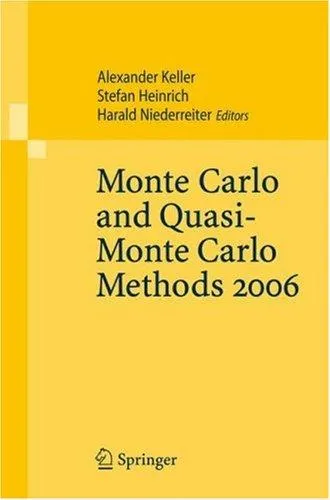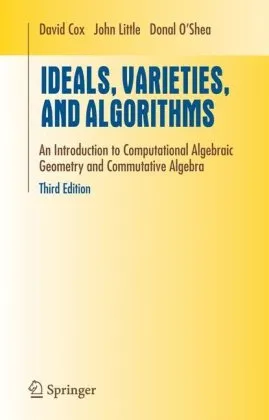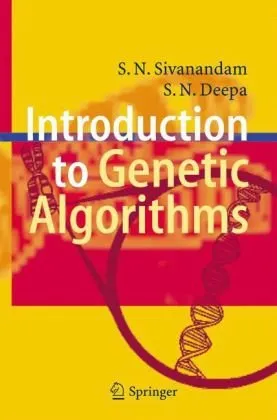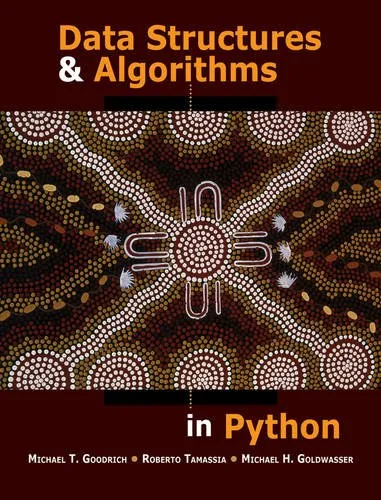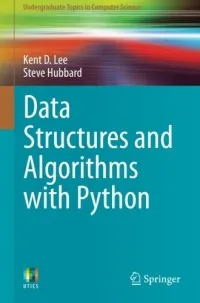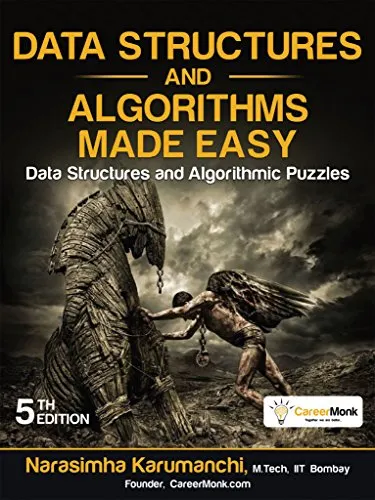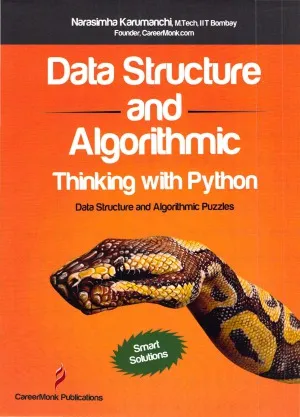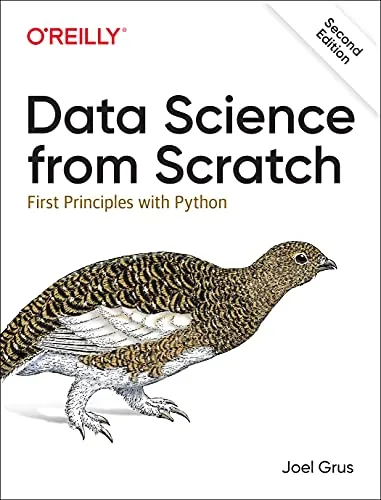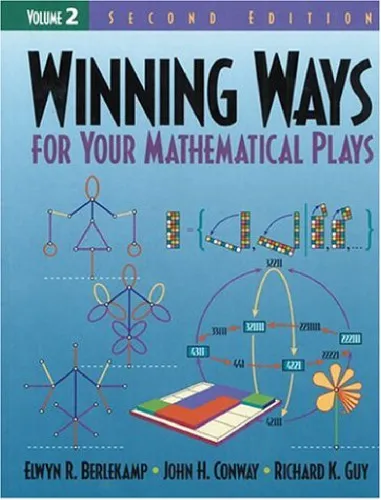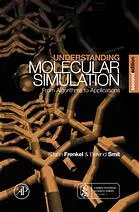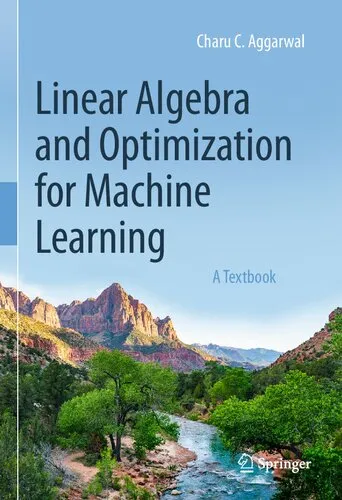Monte Carlo and Quasi-Monte Carlo Methods 2006
4.6
Reviews from our users

You Can Ask your questions from this book's AI after Login
Each download or ask from book AI costs 2 points. To earn more free points, please visit the Points Guide Page and complete some valuable actions.Related Refrences:
Introduction to Monte Carlo and Quasi-Monte Carlo Methods 2006
Monte Carlo and Quasi-Monte Carlo Methods 2006 is a comprehensive volume that captures the essence of the field and advances theoretical and practical knowledge. Edited by Keller A., this book features a collection of papers from some of the most renowned researchers in the area. Each chapter delves into intricate details of Monte Carlo methods, offering fresh insights and innovative solutions to complex problems faced across various scientific domains.
Detailed Summary of the Book
The book is a proceeding of the Seventh International Conference on Monte Carlo and Quasi-Monte Carlo Methods in Scientific Computing, held in Ulm, Germany, in 2006. It covers a wide spectrum of topics including, but not limited to, the theoretical development and improvement of Monte Carlo techniques, Quasi-Monte Carlo methodologies, numerical integration, and applications in computational finance, statistical mechanics, and engineering.
The integration of computational methods and global optimizations forms a fundamental part of this volume, offering a selection of papers that focus on the convergence rates, discrepancy theories, and various algorithms that underpin these disciplines. Researchers offer a mix of theoretical background and experimental results, providing readers the tools they need to apply these methods in practical scenarios.
Key Takeaways
The book provides a rich tapestry of information that can be distilled into several key takeaways:
- The advancement of Quasi-Monte Carlo methods enhances the efficiency and accuracy of numerical simulations. These methods are a potent alternative to traditional Monte Carlo simulations, particularly in high-dimensional problems.
- Navigating the intricacies of discrepancy theory helps improve the performance of randomized algorithms, which is crucial for accurately approximating integrals and complex functions.
- The applications discussed in the book demonstrate the versatility of Monte Carlo and Quasi-Monte Carlo methods across diverse fields, proving their indispensable role in scientific computing and beyond.
Famous Quotes from the Book
One of the memorable quotes from the book is:
"In the vast landscape of numerical computation, Monte Carlo and Quasi-Monte Carlo methods serve as a beacon of innovation, guiding researchers through complexity with their robust algorithmic approaches."
Such quotes underscore the book's commitment to presenting sophisticated methodologies in an accessible manner, enriching the reader's understanding and appreciation of the subject.
Why This Book Matters
The importance of 'Monte Carlo and Quasi-Monte Carlo Methods 2006' lies in its exhaustive exploration of emerging trends and techniques in numerical simulation. The book serves as both an academic source and a practical guide that supports the ongoing evolution of scientific computation.
The diverse range of applications covered provides invaluable insights for theoreticians and practitioners alike, ensuring that advances in this niche become embedded in mainstream computational practices. By bridging the gap between theory and application, this publication fosters a deeper understanding of how to harness Monte Carlo and Quasi-Monte Carlo methods to tackle complex challenges in modern science and engineering.
Free Direct Download
You Can Download this book after Login
Accessing books through legal platforms and public libraries not only supports the rights of authors and publishers but also contributes to the sustainability of reading culture. Before downloading, please take a moment to consider these options.
Find this book on other platforms:
WorldCat helps you find books in libraries worldwide.
See ratings, reviews, and discussions on Goodreads.
Find and buy rare or used books on AbeBooks.
